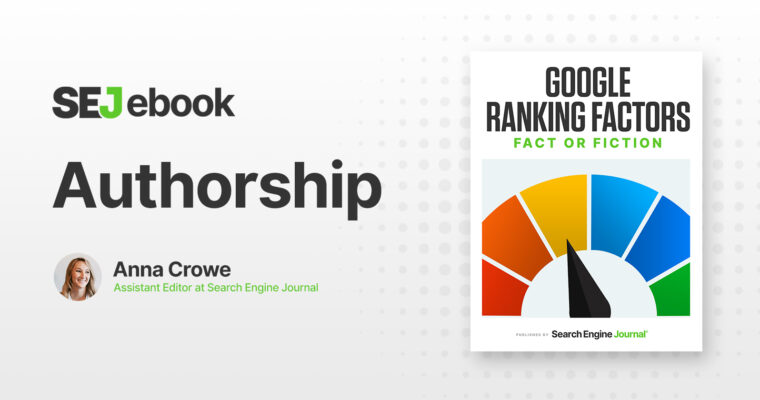Does creation affect your natural pursuit rankings? Realize whether web search tools consider who made the substance in positioning calculations.
Is there anything more alarming perusing an article giving clinical exhortation from a news coverage major recently out of school with no clinical foundation?
In all actuality, not all that you read online is intended for your advantage. A ton of online substance is absolutely false. While creators might come from an innocuous spot, when certain duplicate is taken as reality, it can turn out to be quite hurtful.
This is the place where the authority of the creator (or creator rank) starts to affect your substance.
Here, we’re exposing the legends around creator authority.
Peruse on to see if or not creator authority is a positioning element.
The Claim: Author Authority as a Ranking Factor
With regards to Google, it would bode well for them to esteem creator authority as a positioning element on account of the E-A-T (Expertise, Authoritativeness, and Trustworthiness) rules.
In any case, do web indexes truly care who made the substance? Furthermore, does who the creator is sway positioning calculations?
Spoiler alert: There isn’t sufficient proof to help this case. Yet, interest in this point is developing.
Creator Authority as a Ranking Factor: The Evidence
How about we start with the principal question, is creator authority a positioning variable?
No, creator authority is definitely not a positioning variable. In any case, there are Google licenses to assist them with recognizing creators for explicit pages.
In August 2005, Google documented a patent for Agent Rank. Assuming you need to find out about that, Bill Slawski separates Agent Rank Here
The abbreviated form? Google’s patent employments “computerized marks” to rank substance dependent on standing scores.
On June 20, 2011, Google affirmed it was supporting initiation markup. Recollect rel=”author:?
In 2014, Mark Traphagen ran a review on initiation reception to show creation reception by creators was slow. He tracked down that 70% of creators didn’t associate their initiation with content.
n 2016, Google’s Gary Illyes said at a SMX gathering that Google is “not utilizing creation at all any longer” – yet they know who the creator is.
How does Google know this? All things considered, we learned in this 2021 video that Google checks out various variables (e.g., connections to profile pages, organized information, other apparent data on a page) as a component of a cycle called compromise.
Other significant proof we found is from August 21, 2018, when Google’s John Mueller affirmed that Google doesn’t utilize creator notoriety as a positioning element.

